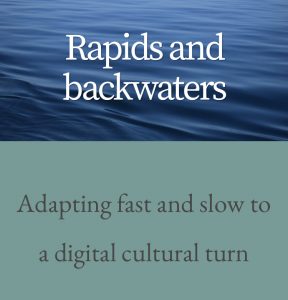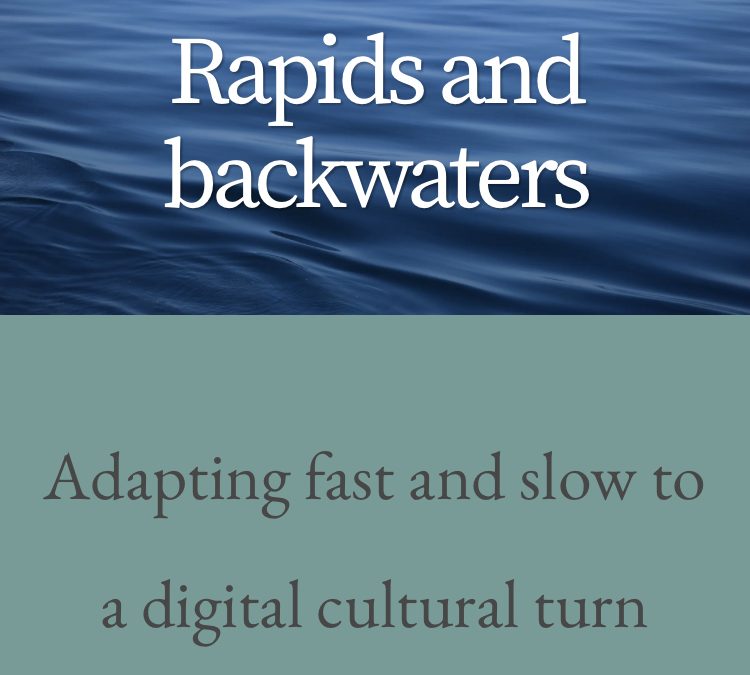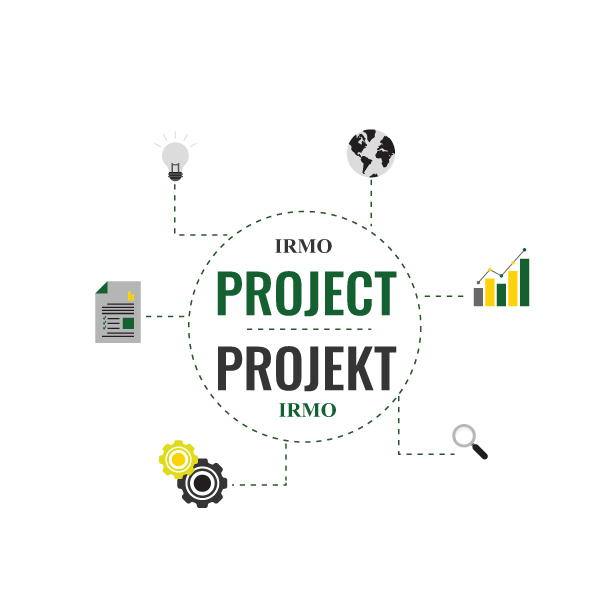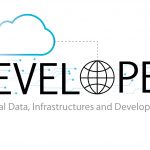
Project duration: 1/3/2020 – 31/12/2023
Client: The Research Council Norway – KULMEDIA program
Source of funding: The Research Council Norway
IRMO team leader: dr. sc. Aleksandra Uzelac
The project consortium:
- Telemark Research Institute (project coordinator)
- University of Barcelona
- Erasmus University Rotterdam
- Mid Sweden University
- University of Glasgow
- University of Southeast-Norway
- University of Lucern
- IRMO – Institute for Development and International Relations
Digitalization affects all fundamental elements of cultural production and economy: cultural producers, supply and demand for cultural products, as well as various regulatory measures, through subsidies, legislation or other types of cultural policy influence. Digitization of content, digital tools and digital distribution have changed the field of cultural production. The threshold for the creation and distribution is lowered and the input costs for the production and/or distribution of cultural content are very low owing to cheap and widely available digital technology. Such a development can be seen as a threat to professionalism or as a democratic blessing that allows everyone to get involved and share their creativity at a low cost.
• Cultural production increasingly includes an element of self-promotion and reputation economy, but we lack insight into how and to what extent these changes affect cultural workers, and knowledge about the professional strategies of artists and cultural workers in this situation.
• Digitization of culture affects the choices of ‘users’ of culture who make their choices through the act of clicking. The consequences for actual consumption patterns and for business models and cultural policies that must be linked to these patterns are not clear.
Since the basic logic of cultural policy and copyright is based on analog and/or material production and distribution of cultural expressions, digitization represents a challenge for cultural policy in general, and for copyright in particular. Copyright and intellectual property rights in general are increasingly an integral part of such policies. Cultural policy is inevitably oriented towards value, identifying market failures, ensuring production, subsidizing distribution and consumption, ensuring the creation, dissemination and appreciation of cultural value. The mix of values contained in any cultural policy varies according to the national model of such a policy and the prevailing political ideology, but it usually consists of economic and non-economic values. In short, the main difference between the cultural policy systems consists in the strength of the market distrust of the production and dissipation of quality culture. This means that cultural policy and cultural production are characterized by a double set of values, because cultural products are both goods and symbolic objects that have an economic as well as a cultural value.
The project aims to investigate how digitization affects different types of value generation in the field of cultural production, as well as how legislation and regulation – copyright and cultural policy – have adapted to digital production and distribution of culture. The main research questions posed by the project are: how have producers and policy makers adapted to digital transformation? In what ways has digitization affected the creation of value and income streams for cultural workers, and what changes would need to be made in the copyright system and in cultural policies in general to adapt to the new reality that resulted from the digital transformation of the sector and society. To answer these questions, the project combines analysis of policy, economics and practice through five integrated work packages.






